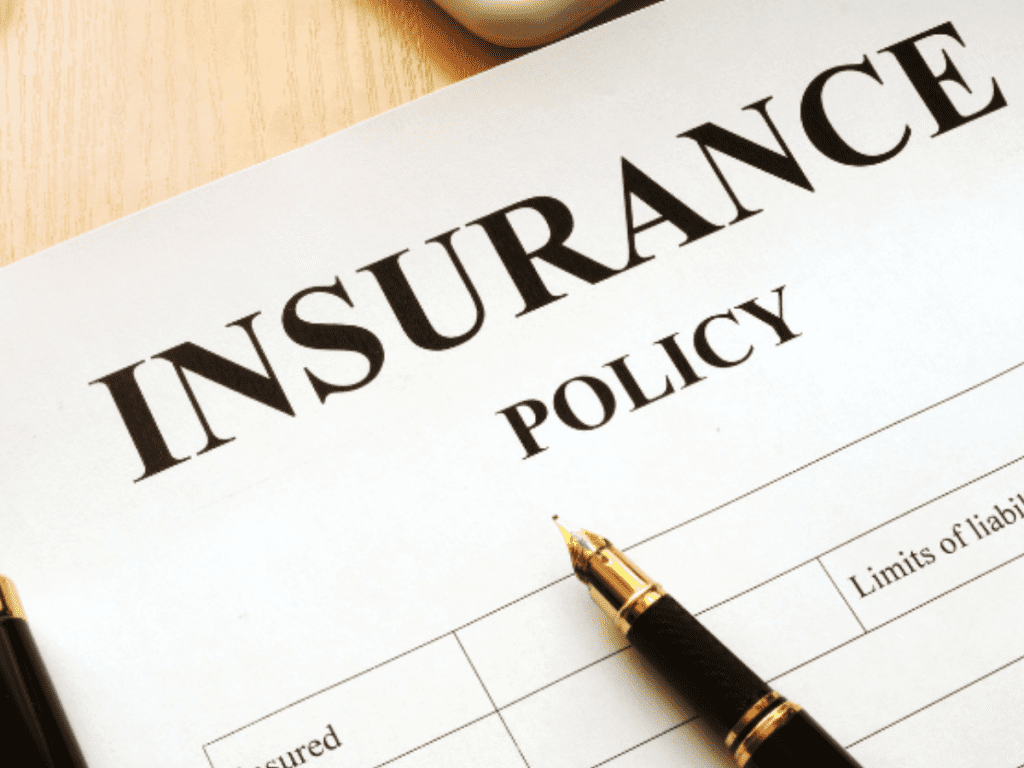Introduction
Running a small business comes with a multitude of responsibilities, including ensuring the safety and stability of your operations. Among these responsibilities, obtaining the right insurance coverage is paramount. Insurance acts as a safety net, protecting your business from unexpected events that could potentially derail your growth or even threaten your existence. As a small business owner, understanding the key policies you should consider is essential to securing your business’s future.
Understanding Business Insurance
Business insurance encompasses a range of coverage options designed to protect businesses against various risks. From property damage and liability claims to employee-related risks and natural disasters, business insurance provides financial support when unforeseen events occur. For small business owners, choosing the right combination of policies is crucial to safeguarding your enterprise while managing costs effectively.
General Liability Insurance
One of the most fundamental types of insurance for small businesses is general liability insurance. This policy protects your business from claims related to bodily injury, property damage, and advertising injury caused by your products, services, or operations. For example, if a customer slips and falls in your store or office, general liability insurance can cover medical expenses and legal fees if a lawsuit arises.
Small business owners who interact with clients, customers, or vendors should prioritize general liability insurance. It not only provides peace of mind but also ensures compliance with contractual requirements, as some clients or landlords may require proof of coverage before doing business with you.
Property Insurance
Property insurance is essential for protecting the physical assets of your business, such as your building, equipment, inventory, and furniture. This coverage helps repair or replace damaged property in the event of risks like fire, theft, vandalism, or certain natural disasters. For businesses that operate out of a physical location or rely heavily on specialized equipment, property insurance is a critical safeguard.
If your business operates from a rented space, your landlord’s insurance typically covers the building structure, but not your business’s contents. In such cases, property insurance ensures that your assets remain protected, allowing you to recover quickly from unforeseen incidents.
Business Interruption Insurance
Unforeseen events like natural disasters, fires, or other emergencies can disrupt your operations, leading to a temporary shutdown. Business interruption insurance, also known as business income insurance, provides financial support to cover lost income and operating expenses during this downtime. This policy can help pay for rent, employee salaries, and other fixed costs until your business resumes normal operations.
For small businesses that operate on thin margins, even a brief interruption can have long-term consequences. Business interruption insurance ensures that you can weather the storm and continue to meet financial obligations while recovering from the disruption.
Workers’ Compensation Insurance
If you have employees, workers’ compensation insurance is not just an option—it’s often a legal requirement. This policy provides medical benefits and wage replacement to employees who are injured or become ill as a result of their job. Workers’ compensation also protects your business from lawsuits filed by injured employees.
Even if your business operates in a low-risk industry, workplace accidents can happen. Ensuring that your employees are covered not only demonstrates your commitment to their well-being but also protects your business from potential financial and legal repercussions.
Professional Liability Insurance
Also known as errors and omissions (E&O) insurance, professional liability insurance is crucial for businesses that provide professional services or advice. This coverage protects your business against claims of negligence, mistakes, or failure to deliver promised services.
For example, if you’re a consultant, accountant, or graphic designer, a dissatisfied client might claim that your work caused them financial loss. Professional liability insurance covers legal fees and settlements, allowing you to focus on your work without constant worry about potential lawsuits.
Product Liability Insurance
If your business manufactures, distributes, or sells products, product liability insurance is a must-have. This policy protects your business from claims arising from defective products that cause injury or damage. Even with rigorous quality control processes, there’s always a risk that a product could malfunction or harm a customer.
Product liability claims can be costly and damaging to your reputation. With the right coverage, you can mitigate the financial impact of such claims and continue to build trust with your customers.
Cyber Liability Insurance
In today’s digital age, cyberattacks and data breaches pose significant threats to businesses of all sizes. Cyber liability insurance helps cover the costs associated with data breaches, cyberattacks, and other digital threats. This includes expenses related to notifying affected customers, restoring compromised systems, and managing public relations.
Small businesses are often targeted by cybercriminals because they may lack robust cybersecurity measures. Investing in cyber liability insurance not only provides financial protection but also helps you respond effectively to potential threats, ensuring minimal disruption to your operations.
Commercial Auto Insurance
If your business relies on vehicles for operations, commercial auto insurance is essential. This policy covers vehicles used for business purposes, protecting against risks like accidents, theft, and damage. Whether you use a single car or an entire fleet, commercial auto insurance ensures that your business remains protected on the road.
It’s important to note that personal auto insurance typically doesn’t cover vehicles used for business purposes. If you or your employees drive as part of your operations, securing commercial auto insurance is crucial to avoid costly out-of-pocket expenses.
Umbrella Insurance
Sometimes, the coverage limits of your standard insurance policies may not be enough to fully cover a significant claim. Umbrella insurance provides additional liability coverage beyond the limits of your existing policies, such as general liability, commercial auto, or workers’ compensation insurance.
For small businesses that face higher risks or operate in litigious industries, umbrella insurance offers an added layer of protection, ensuring that your assets are not jeopardized by unexpected lawsuits or claims.
Key Person Insurance
Small businesses often rely heavily on key individuals, such as the owner, a top executive, or a highly skilled employee. Key person insurance provides financial support to the business in the event of the death or disability of a key individual. This coverage can help cover lost income, recruitment costs, and other expenses associated with replacing the key person.
By investing in key person insurance, small business owners can ensure continuity and stability, even during challenging times.
Tailoring Your Insurance Coverage
Every small business is unique, and so are its insurance needs. To determine the right coverage for your business, consider factors such as your industry, location, number of employees, and the specific risks you face. Consulting with an experienced insurance agent or broker can help you navigate the complexities of business insurance and select the policies that best meet your needs.
Additionally, regularly reviewing and updating your coverage ensures that your insurance remains aligned with your business’s growth and changing circumstances. As your operations expand, your risks may evolve, requiring adjustments to your existing policies.
The Cost of Not Having Insurance
While insurance represents an added expense, the cost of not having adequate coverage can be far greater. Without insurance, a single lawsuit, natural disaster, or cyberattack could result in financial ruin for your business. Investing in the right policies provides not only financial protection but also peace of mind, allowing you to focus on growing your business.
Conclusion
Insurance is a critical component of any small business’s risk management strategy. From general liability and property insurance to specialized coverage like cyber liability and key person insurance, the right policies can shield your business from unexpected challenges and ensure its long-term success. By understanding your specific risks and tailoring your coverage accordingly, you can build a strong foundation for your business’s growth and resilience.

